
The Venezuelan people rally in support of Nicolas Maduro before the last election.
 Glen Ford, BAR executive editor
Glen Ford, BAR executive editor
January 31, 2019
Donald Trump is simply exercising an imperial mandate handed down to him by Obama, who put “humanitarian” lipstick on the white supremacist pig of American exceptionalism.
“The darker peoples of the world understand clearly that what is at stake is the sovereignty of nations and people’s right to self-determination.”
In transferring control of Venezuelan property and assets to opposition party leader Juan Guaidó, the United States has committed an act of war against that country, and marked Guaidó as a traitor and agent of a foreign aggressor. The U.S. State Department announced that certification to Venezuelan accounts and assets in the U.S. was transferred last Friday to Guaidó, a 35 year-old member of the national assembly who declared himself president during a street demonstration in Caracas.

Donald Trump and puppet Juan Guaido.
Trump national security advisor John Bolton dared Venezuela to move against Washington’s chosen Quisling, warning there would be “serious consequences” if anyone attempted to “harm” Guaidó.
The Venezuelan Supreme Court has frozen Guaidó’s accounts and barred the politician from leaving the country during an investigation of his “serious crimes that threaten the constitutional order,” but he continues to speak and move around the capital city.
“Bolton dared Venezuela to move against Washington’s chosen Quisling.”
Supposedly at Guaidó’a request, the Bank of England refuses to allow Venezuela access to $1.3 billion in gold bullion , representing 15 percent of the nation’s foreign currency reserves.
The U.S. seized control of $7 billion in Venezuelan state oil company assets on Monday. The transfer to Juan Guaidó’s control applies to the country’s funds at the Federal Reserve Bank in New York, but the State Department said Guaidó also has access to other Venezuelan accounts in the United States. Secretary of State Pompeo, acting as Guaidó’s spokesman, said $20 million in “humanitarian” aid would be distributed in Venezuela by Guaidó.
“The US government is not just behind the coup but is leading it,” said Venezuelan Foreign Minister Jorge Arreaza. “First of all, it is interventionism to the highest degree. Secondly, it is arrogant, and, thirdly, it is artificial,” he said.
Below: Democracy Now’s interview with Minister Jorge Arreaza
“U.S ‘humanitarian’ intervention doctrine offers nearly identical rationales for both financial and military aggressions.”
The U.S. seizure and transfer of Venezuelan state assets to a handpicked poseur “president” is not “war by other means,” but an actual act of war. But Venezuela will not say so, because public acknowledgement of the crime would prompt the U.S. to escalate, militarily. Under President Obama, U.S “humanitarian” intervention doctrine offers nearly identical rationales for both financial and military aggressions by Washington. Sanctions can turn into war in an instant. Moreover, Obama redefined the meaning of war, for Washington’s purposes.
In rejecting congressional pressures to halt the bombing of Libya in 2011, Obama maintained that, not only did no state of war exist against that north African country, where perhaps 50,000 people had been killed in NATO air attacks, but there existed no state of “hostilities” that might trigger the War Powers Act, either, because no Americans had been killed. By Obama’s imperial decree, U.S. presidents were empowered to wage unlimited military actions against targeted nations, with no accountability to Congress or international institutions, as long as only foreigners die. War is whatever U.S. presidents say it is.
“’The United States needs to stay out of Venezuela,’ Gabbard tweeted.”
 History will mark the year 2011 as the point at which U.S. imperialism effectively declared war against civilization and the very concept of a lawful global order. THAT is Obama’s awesome and awful legacy.
History will mark the year 2011 as the point at which U.S. imperialism effectively declared war against civilization and the very concept of a lawful global order. THAT is Obama’s awesome and awful legacy.
Donald Trump is simply exercising an imperial mandate handed down to him by the First Black President, who put “humanitarian” lipstick on the white supremacist pig of Manifest Destiny and American exceptionalism. Which is why most of the Democratic Party’s congressional piglets are oinking in favor of some form of aggression against Venezuela — with the exception of Hawaii’s Tulsi Gabbard , the only anti-war presidential candidate. “The United States needs to stay out of Venezuela,” Gabbard tweeted. “Let the Venezuelan people determine their future. We don’t want other countries to choose our leaders—so we have to stop trying to choose theirs.”
As Ajamu Baraka, of the Black Alliance for Peace, points out, it is no coincidence that all the nations siding with the U.S. at the UN Security Council and the Organization of American States are white former colonial European countries or white-led Latin American regimes in the so-called Lima Group. The darker peoples of the world understand clearly that what is at stake is the sovereignty of nations and people’s right to self-determination – principles that are anathema to U.S. imperialism.
“Militarized U.S. police forces enjoy impunity for the state-sanctioned execution of our people.”
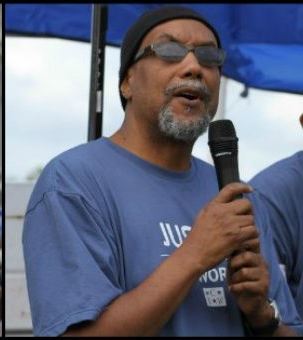
Ajamu Baraka of Black Alliance for Peace
“We categorically reject the arrogant and white supremacist assumption that the United States — itself a capitalist dictatorship — should arbitrarily take the liberty to presume leadership and rationalize its intervention into any nation by evoking a flimsy, laughable and ostensible argument that it is supporting democracy and/or human rights,” said the Black Alliance for Peace. BAP’s statement continues:
“Were it not for the abject hypocrisy exercised by the United States, the irony in the case of Venezuela would be more laughable than tragic. On the one hand, a nation that annually pretends to honor the Rev. Dr. Martin Luther King, Jr., skirts over the many people’s understanding that he was murdered because of his opposition to U.S. state violence. That the United States would unleash a plan to subvert Venezuela — which would cost thousands of innocent lives — reminds us as Black people of the same methodology applied during the murderous and draconian tenure of FBI Director J. Edgar Hoover who unleashed the COINTELPRO program in U.S. Black communities. Militarized U.S. police forces, many of whom have received training from the Israeli state, enjoy impunity for the state-sanctioned execution of our people.”
BAP calls on “those principled individuals and organizations located at the center of empire to put aside your divisions, stop your collaboration with the rulers and live up to your responsibility to the people of the world who suffer at the hands of this mad, criminal state.”
“The weaponization of U.S.-controlled global financial structures has blurred the lines between military and financial attack.”

Long live President Hugo Chavez of Venezuela!
The United States imperial project aims to erase self-determination and national sovereignty from the human vocabulary, at home and abroad, and impose international corporate rule under U.S. military protection and coercion. The weaponization of U.S.-controlled global financial structures has blurred the lines between military and financial attack, as millions are sickened, killed or driven into desperate poverty or exile by U.S. economic sanctions.
Venezuela’s extreme crisis is primarily the result of unremitting U.S. meddling and subversion ever since the democratic election of Hugo Chavez and his socialist movement 20 years ago. Chavista governments were repeatedly returned to power under an elections process that former president Jimmy Carter called “the best in the world.” Venezuelan elections have been demonstrably more “free and fair” than those in the United States, where racial voter suppression is endemic and presidents have won office with a minority of the vote three times in the same period.
“U.S. imperialism is inseparable from white supremacy.”
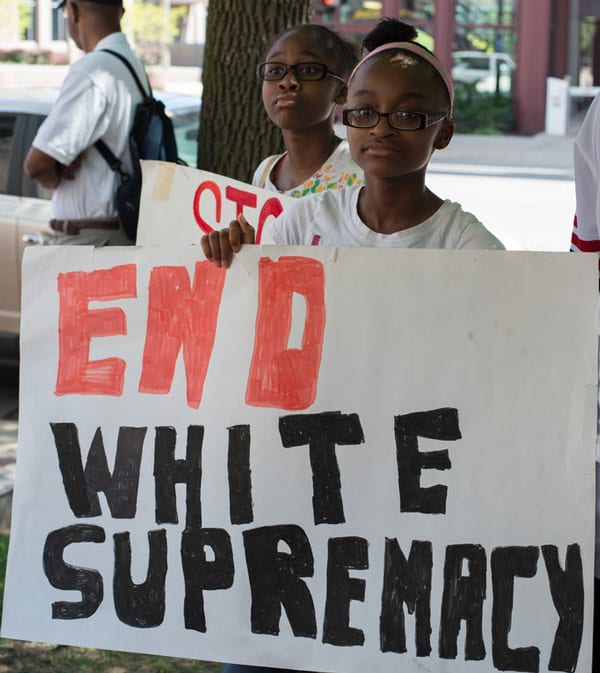 The same forces that resist Black community control of police and schools in the United States seek to overthrow any government in the formerly colonized world – that is, non-white nations — that claims the right of self-determination and national sovereignty. U.S. imperialism is inseparable from white supremacy – which is why the United States has paid no domestic price for its role in the deaths of at least 20 million people since World War Two — six million in the Congo, alone. U.S. “liberals” and “progressives,” much like their counterparts in Europe, speak endlessly of democracy at home while supporting their War Party abroad.
The same forces that resist Black community control of police and schools in the United States seek to overthrow any government in the formerly colonized world – that is, non-white nations — that claims the right of self-determination and national sovereignty. U.S. imperialism is inseparable from white supremacy – which is why the United States has paid no domestic price for its role in the deaths of at least 20 million people since World War Two — six million in the Congo, alone. U.S. “liberals” and “progressives,” much like their counterparts in Europe, speak endlessly of democracy at home while supporting their War Party abroad.
Polls show that Venezuelans, despite the hardships they have endured over the past few years of economic crisis, overwhelmingly oppose both U.S. military and economic aggression. As reported by Ben Norton, of “Gray Zone ,” the local, nonpartisan polling firm Hinterlaces found that “86 percent of Venezuelans would disagree with international military intervention. And 81 percent oppose the US sanctions” against their country.
“U.S. ‘liberals’ and ‘progressives,’ much like their counterparts in Europe, speak endlessly of democracy at home while supporting their War Party abroad.”
Venezuela is a predominantly indigenous, Black and mixed race country, while the core opposition to the socialist government of Nicolas Maduro is white and upper class. Most of the nation’s media is owned by the white oligarchic opposition. Having never experienced a civil rights movement such as that in the United States, Venezuela’s white elite is unabashedly racist, and often displayed cartoons depicting Hugo Chavez, the wildly popular president of indigenous and African extraction, as a monkey. (See cover photo.) As Arlene Eisen wrote in Venezuelanalysis.com , five years ago:
“Racism is one of the main engines and expressions of the current counter-revolution. In Venezuela the revolutionary struggle to end white supremacy and for self-determination is slow, and complicated by white elites, backed by US imperialism, and by the denial of many that racism persists…. Traditionally anti-racist coalitions have ignored Venezuela. It is time we stand in solidarity with the majority of people in Venezuela and voice strong opposition to U.S.-sponsored coups or any intervention on the side of the counter-revolution.”
“The core opposition to the socialist government of Nicolas Maduro is white and upper class.”
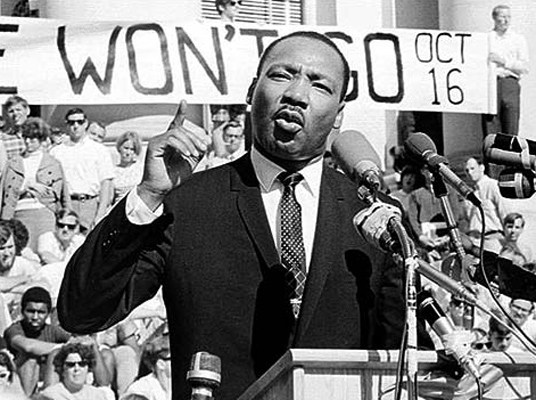
Dr. Martin Luther King, Jr. vigorously opposed U.S. war on Vietnam.
Donald Trump has thrown the full weight of U.S. imperial power on the side of the counter-revolution, through a designated traitor who would hand the country over to U.S. corporations. The same U.S. media and politicians that scream hysterically about a Russian social media “Pearl Harbor” against U.S. “democracy” and call for Trump to be impeached forthwith, make common cause with their orange nemesis to crush the sovereignty of the Venezuelan people.
Black America used to recognize the inherent racism of U.S. military adventures in the “Third World,” understanding such aggressions as global expressions of the same white supremacy they experienced at home. By every measure, Black America was the most pro-peace and anti-war constituency in the nation. Then came Obama, whose Black presence in the White House caused a significant segment of Black people to identify with the imperial war machine and its crimes. Donald Trump sits in the Oval Office. How ya like the Empire now?
 BAR executive editor Glen Ford can be contacted at
BAR executive editor Glen Ford can be contacted at
Glen.Ford@BlackAgendaReport.com
Please join the conversation on Black Agenda Report’s Facebook page at
http://facebook.com/blackagendareport


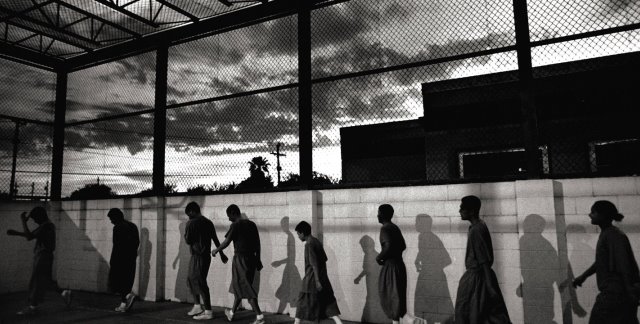
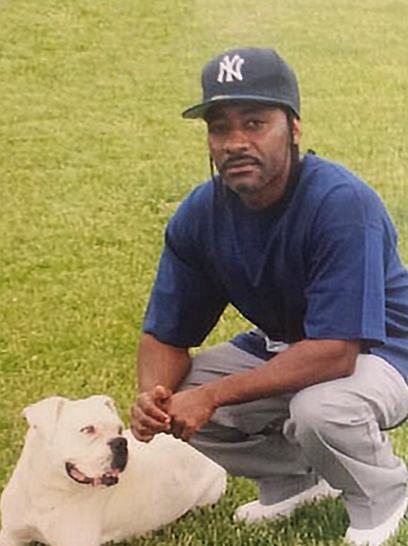 Locked up for life at 15, Norman Brown remains defined by the crime that put him behind bars.
Locked up for life at 15, Norman Brown remains defined by the crime that put him behind bars.

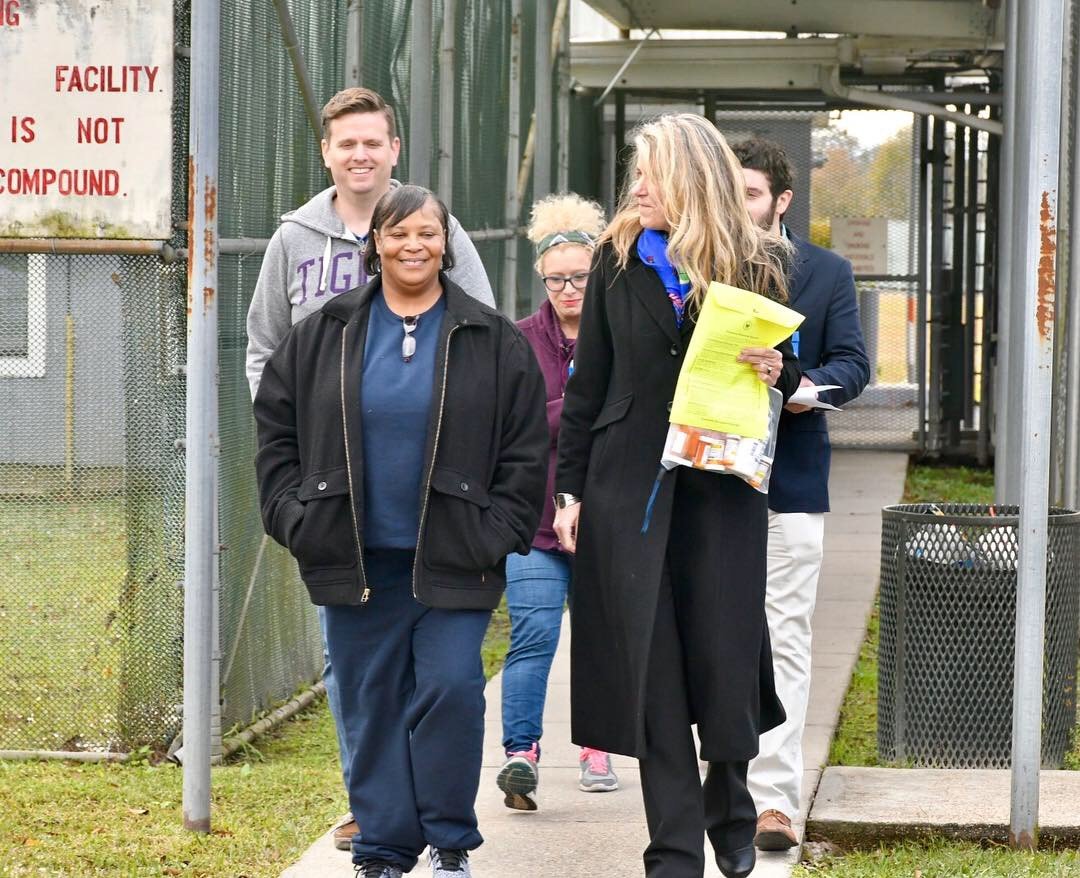

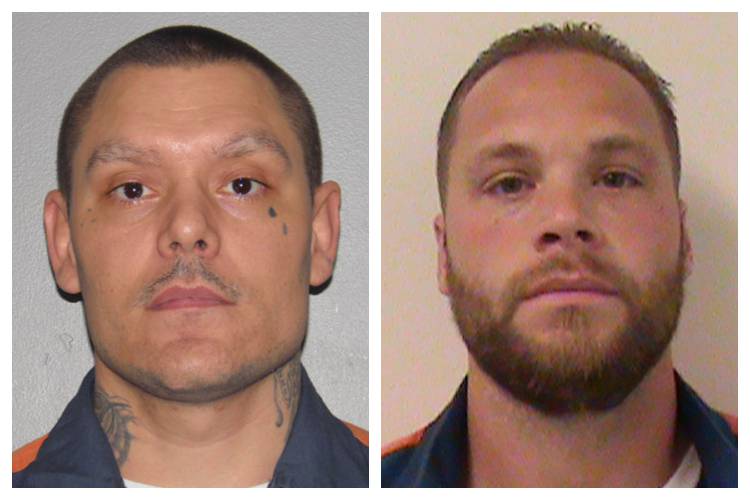
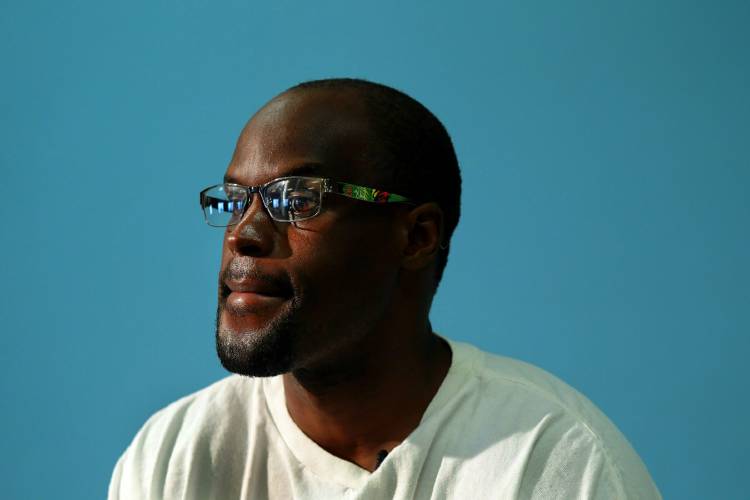
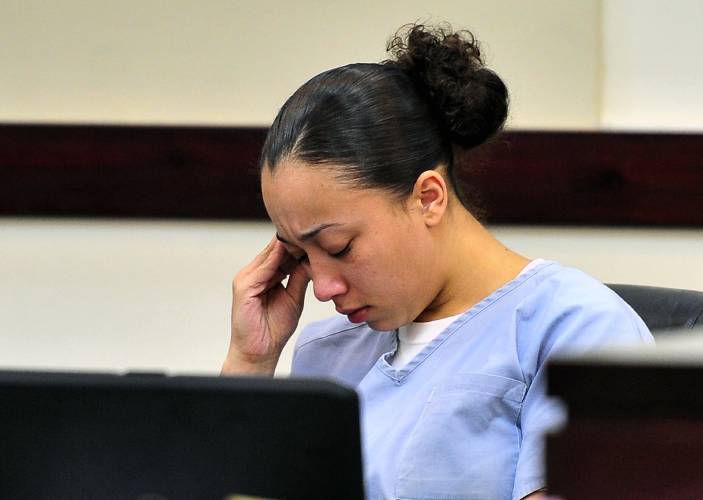
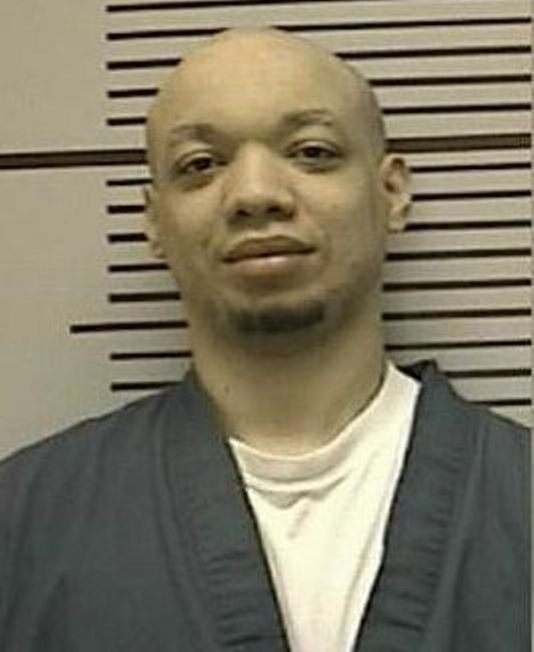
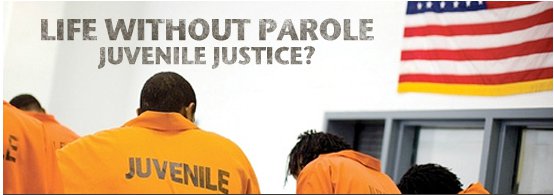
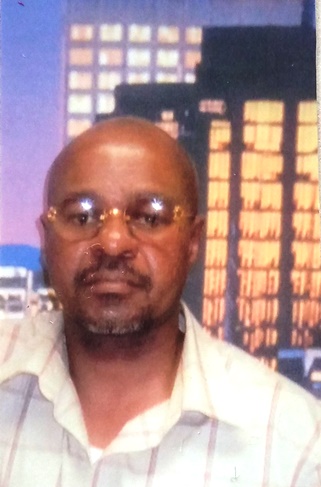
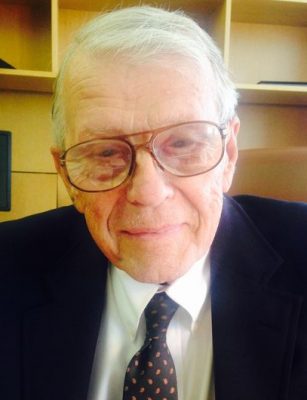
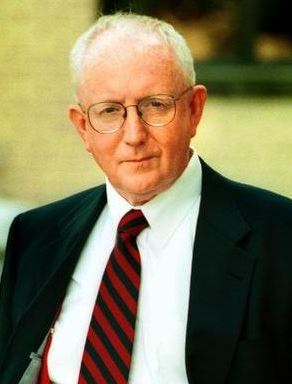
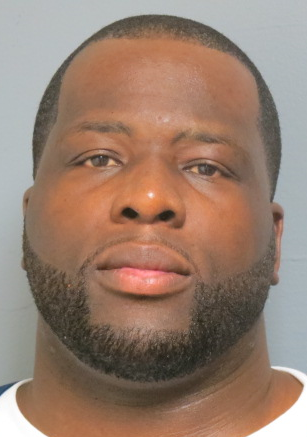
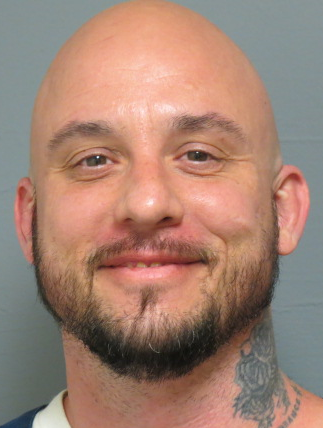
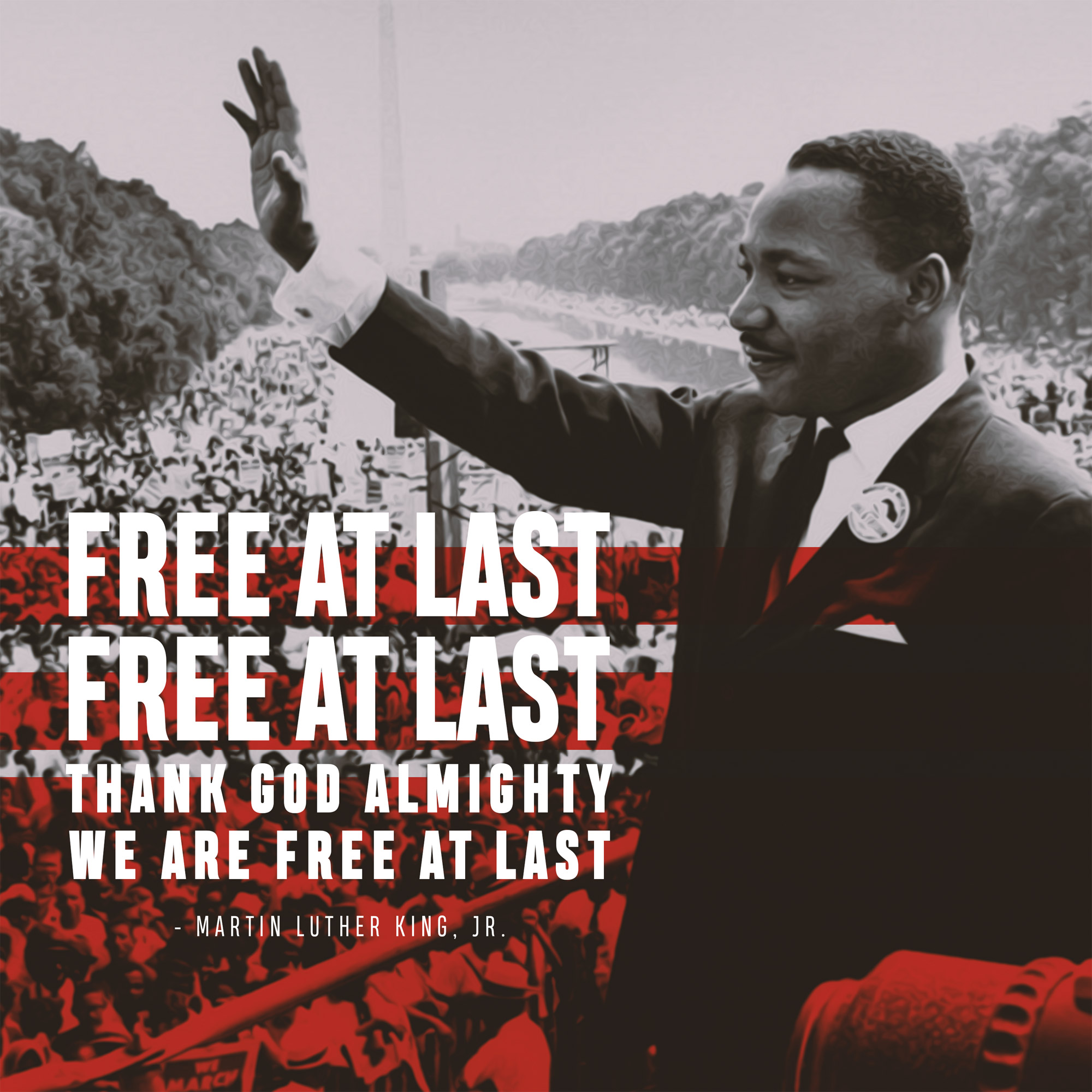
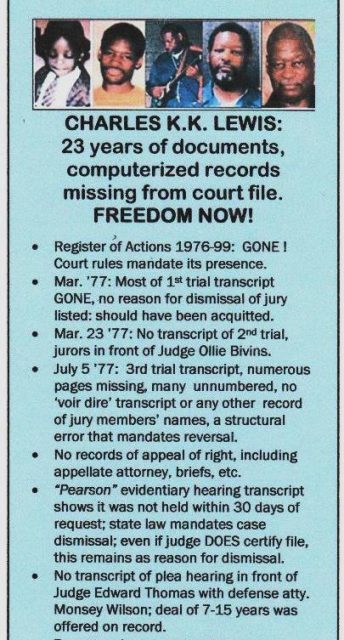 Lewis, an experienced jailhouse lawyer, says that is a statute covering civil, not criminal cases. He and his attorney Sanford Schulman have cited a Michigan Supreme Court decision, People v. Fullwood (1974) that bars reconstruction of lost CRIMINAL files. Other rulings from the U.S. Supreme Court, notably Chessman v. Teets (1959), and from the Michigan Supreme Court say the remedy for cases in which court records have been wholly or partially lost is dismissal and remand.
Lewis, an experienced jailhouse lawyer, says that is a statute covering civil, not criminal cases. He and his attorney Sanford Schulman have cited a Michigan Supreme Court decision, People v. Fullwood (1974) that bars reconstruction of lost CRIMINAL files. Other rulings from the U.S. Supreme Court, notably Chessman v. Teets (1959), and from the Michigan Supreme Court say the remedy for cases in which court records have been wholly or partially lost is dismissal and remand.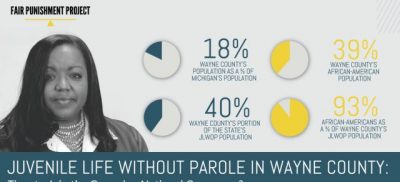
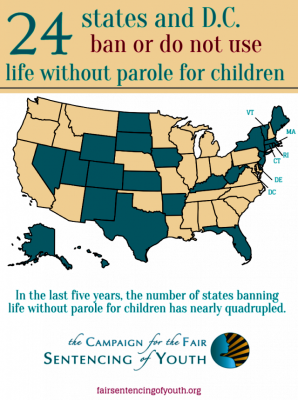
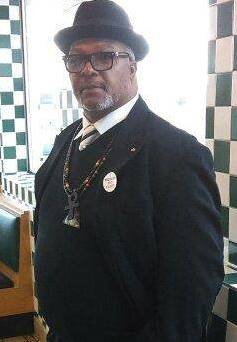
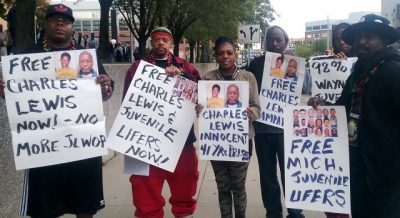
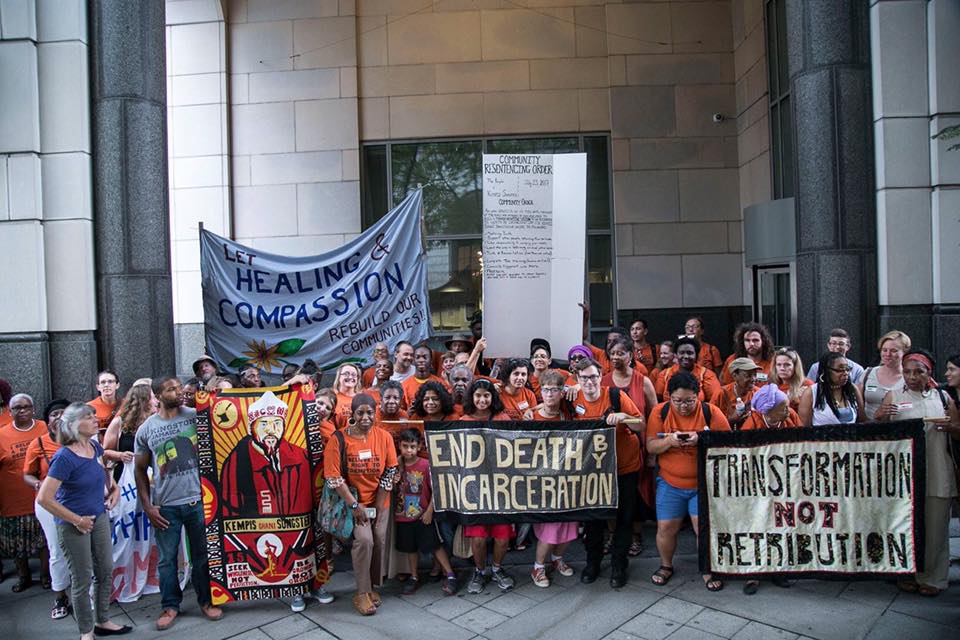







 Steven Greenhouse in Lordstown, Ohio
Steven Greenhouse in Lordstown, Ohio 



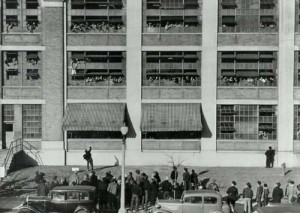
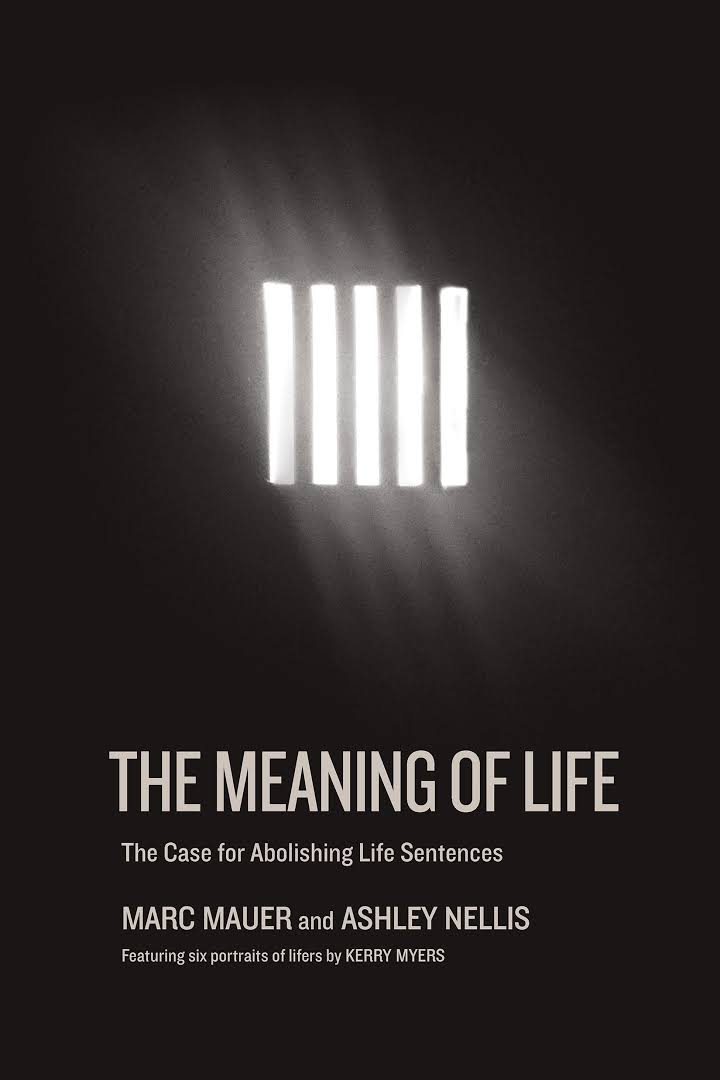 This ground-breaking book by Marc Mauer and Ashley Nellis of the Sentencing Project (TSP) was released in December, 2018. They argue that there is no practical or moral justification for a sentence longer than 20 years. Shorter sentences are why most Western democracies have fewer or no people serving life sentences. Yet, in the U.S., over 200,000 people have received such sentences that are much longer than 20 years.
This ground-breaking book by Marc Mauer and Ashley Nellis of the Sentencing Project (TSP) was released in December, 2018. They argue that there is no practical or moral justification for a sentence longer than 20 years. Shorter sentences are why most Western democracies have fewer or no people serving life sentences. Yet, in the U.S., over 200,000 people have received such sentences that are much longer than 20 years.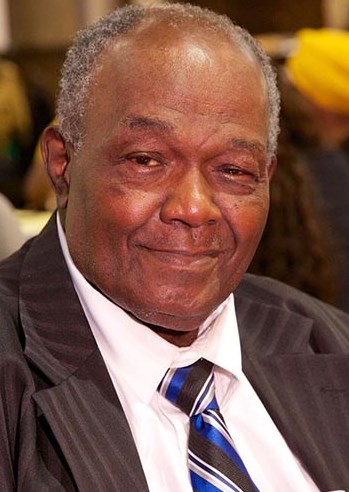
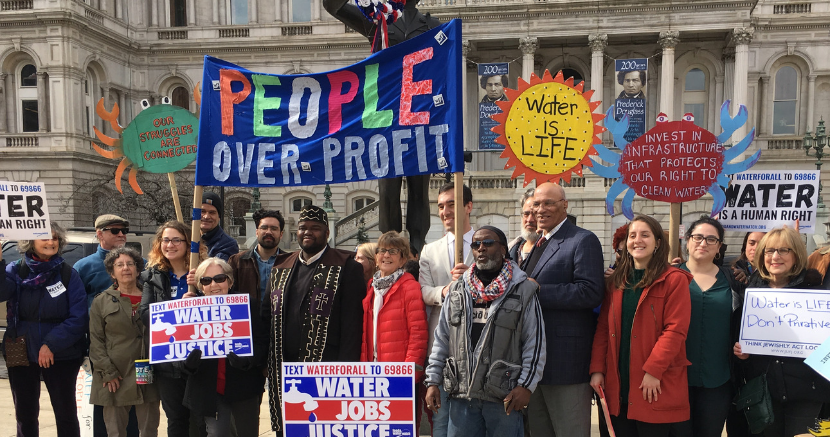 Baltimore residents succeeded in banning water privatization in city charter.
Baltimore residents succeeded in banning water privatization in city charter.




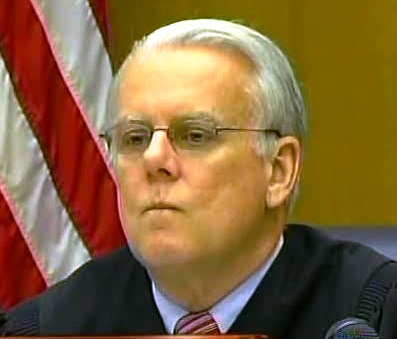
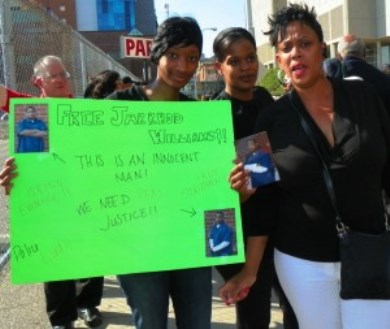
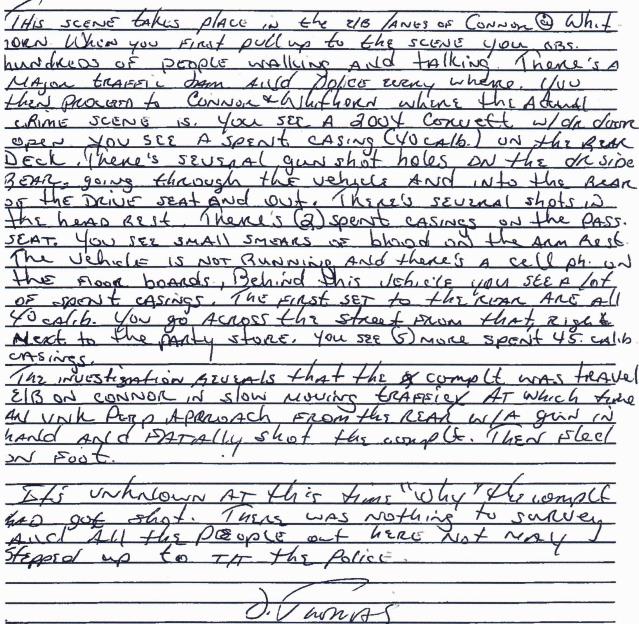 Kenny also falsely stated that numerous .45 caliber bullets were found around Segars’ car, when in fact Attorney Dezsi presented a police report (above) saying that numerous .40 caliber bullets were found around Segars Corvette, but several .45 caliber bullet casings were found ACROSS THE STREET in a store parking lot.
Kenny also falsely stated that numerous .45 caliber bullets were found around Segars’ car, when in fact Attorney Dezsi presented a police report (above) saying that numerous .40 caliber bullets were found around Segars Corvette, but several .45 caliber bullet casings were found ACROSS THE STREET in a store parking lot.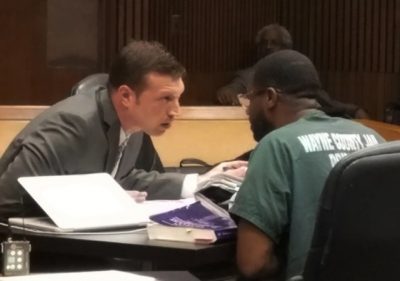
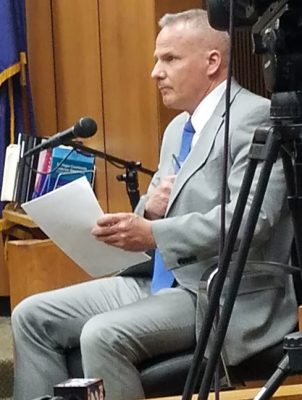
 Searcy told VOD by JPay email, “As a sworn officer of the court [Judge Kenny] has openly violated his oath of preserving the integrity of the court, by misleading the public and the court with a perjured opinion. Inside of my Homicide investigative file you will find a hand written report of the crime scene which outlines exactly where the shell casings were located. Kenny openly lied stating .45 calliber shell casings were found around the victim’s Corvette. He further avoided the question that the jury asked about the weapon used to kill the deceased. He told the jurors that they didn’t know. He committed perjury along with the prosecutor and my former attorney.
Searcy told VOD by JPay email, “As a sworn officer of the court [Judge Kenny] has openly violated his oath of preserving the integrity of the court, by misleading the public and the court with a perjured opinion. Inside of my Homicide investigative file you will find a hand written report of the crime scene which outlines exactly where the shell casings were located. Kenny openly lied stating .45 calliber shell casings were found around the victim’s Corvette. He further avoided the question that the jury asked about the weapon used to kill the deceased. He told the jurors that they didn’t know. He committed perjury along with the prosecutor and my former attorney.

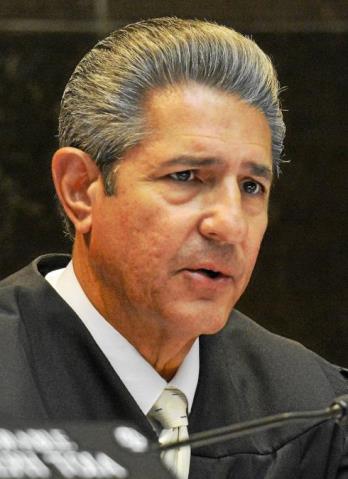
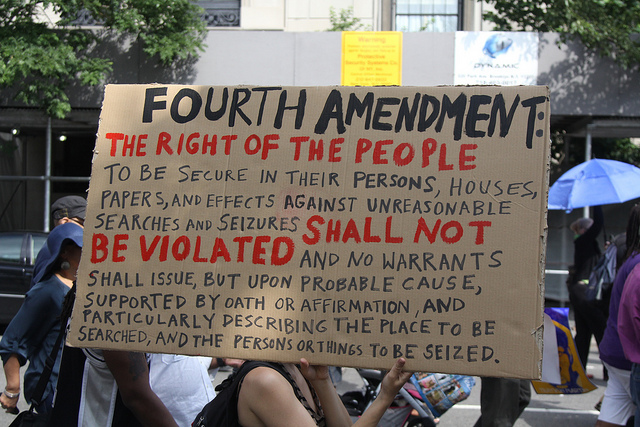 The countless delays and postponements, the ridiculous circus of allowing violation after violation of Rider’s rights to take place without any realistic accountability on the part of judges, prosecutors and police officers involved, have resulted in Rider’s lengthy and illegal confinement.
The countless delays and postponements, the ridiculous circus of allowing violation after violation of Rider’s rights to take place without any realistic accountability on the part of judges, prosecutors and police officers involved, have resulted in Rider’s lengthy and illegal confinement.
